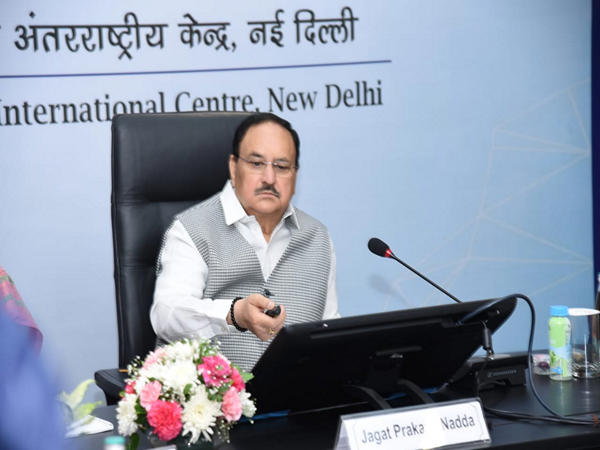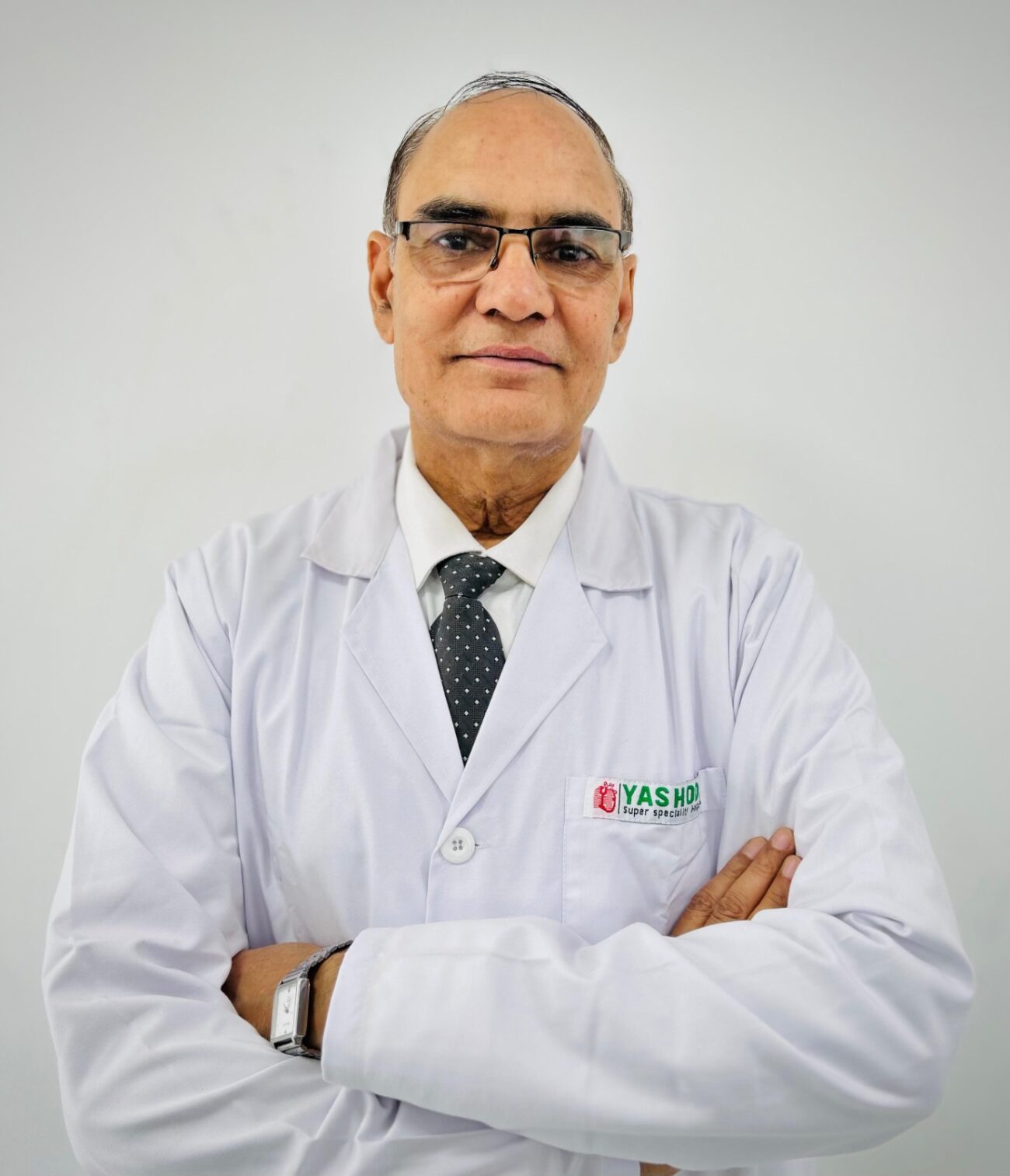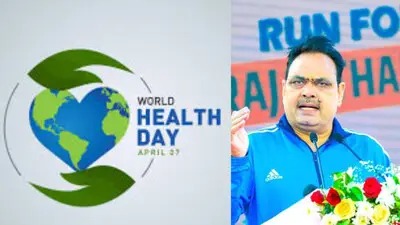GSK, PATH, and Bharat Biotech sign product transfer agreement to help ensure long-term supply of RTS,S/AS01E malaria vaccine
- Bharat Biotech to produce antigen for world’s first vaccineagainst Plasmodium falciparum malaria following technologytransfer, to help ensure long-term sustainable supply- Transfer builds on GSK commitments to donate up to 10 millionvaccine doses to the

– Bharat Biotech to produce antigen for world’s first vaccineagainst Plasmodium falciparum malaria following technologytransfer, to help ensure long-term sustainable supply- Transfer builds on GSK commitments to donate up to 10 millionvaccine doses to the pilot implementation in regions of Ghana,Kenya, and Malawi and supply up to 15 million doses annually to2028 if recommended for wider use- Bharat Biotech selected as partner based upon its establishedexperience in development, production, and supply of globalhealth vaccines.
GSK, PATH, and Bharat Biotech (BBIL) today announced the signing of a product transfer agreementfor the malaria vaccine, RTS,S/AS01E1. The agreement includes the transfer of manufacturing of theRTS,S antigen part of the vaccine and the grant of a license on all rights pertaining to theRTS,S/AS01 malaria vaccine to BBIL. GSK will retain the production of the adjuvant of the vaccine(AS01E) and will supply it to BBIL.BBIL is an established, innovative biotechnology company based in Hyderabad, India, focused ondelivering safe, affordable, and high-quality vaccines and bio-therapeutics against infectious diseases.The agreement recognises the track record and expertise of BBIL in developing and supplyingvaccines against infectious diseases, including as an established supplier of global health vaccines toGavi, the Vaccine Alliance, and to UNICEF. BBIL was selected through a comprehensive, competitiveprocess undertaken by GSK and PATH, working in consultation with the World Health Organization(WHO).The RTS,S/AS01E malaria vaccine, developed by GSK for more than 30 years, and in partnershipwith PATH since 2001, is currently being piloted in regions of Ghana, Kenya, and Malawi under theMalaria Vaccine Implementation Programme (MVIP). Ministries of health are leading theimplementation of the vaccine, which is being given to young children through the three countries’routine immunisation programmes, with WHO providing technical and scientific leadership, playing acoordinating role, and working in collaboration with GSK, PATH, and a range of other partners.RTS,S/AS01E is the first, and to date, the only malaria vaccine to have received a positive review byregulatory authorities (positive scientific opinion from the European Medicines Agency and approvalby the regulatory authorities of Ghana, Kenya, and Malawi for use in the MVIP). The first dose of thevaccine has reached more than 500,000 children since the pilots were initiated by ministries of healthin the three participating countries in 2019.
This agreement with BBIL is the result of efforts by GSK, PATH, and WHO to help ensure long-term sustainable vaccine supply, in the event of a WHO policy recommendation for broader use and a commitment of sustained funding. This builds on existing GSK commitments to donate up to 10 million RTS,S/AS01E doses for use in the pilot, and to supply up to 15 million doses annually until
2028 if the product is recommended for wider use by WHO. It is expected that by 2029, at the latest, BBIL will be the sole supplier of the vaccine, with GSK supplying the adjuvant AS01E to them. The timing of the new agreement will help ensure the maintenance of long-term vaccine supply, given the time required for a successful technology transfer. GSK has strong expertise in transferring vaccine manufacturing technologies to partners, with more than 20 technology transfers currently ongoing. This expertise, with support from BBIL and PATH, will now be applied to deliver a successful transfer of production of the RTS,S antigen to BBIL. Thomas Breuer, GSK Vaccines Chief Medical Officer and Vaccines Global Health lead said: “Our 30- year and ongoing commitment to RTS,S/AS01E represents significant leadership and investment in global health vaccines, but also a huge scientific achievement in the fight against malaria. With a child still dying of malaria every two minutes, helping secure the long-term future of the only vaccine available by working with an established leader like Bharat Biotech is vital for the continued fight against this devastating disease. GSK is delighted to sign this agreement with Bharat Biotech”. John Bawa, Africa Lead, Vaccine Implementation, PATH, said: “Malaria takes such a toll on African
children, our health care systems, and our economies, that having this vaccine is cause for optimism, given its potential to further reduce malaria illnesses and deaths. Thanks to the pilot programme, children in some of the areas hardest hit by malaria—here in Ghana, and in Kenya and Malawi—have been receiving this vaccine through routine immunisation programmes for more than one year. We at
PATH are proud to be a part of this remarkable effort—together with partners across Africa, GSK, and WHO—to get to this point. Now, with the signing of this agreement with Bharat Biotech, we have an additional, new partner to help ensure that this vaccine can be more widely available for use in Africa, alongside other malaria interventions, in the years to come”. Krishna M. Ella, Bharat Biotech, Chairman & Managing Director said: “We salute the commitment by GSK, PATH, and partners, in developing a novel vaccine against malaria, a dreaded disease with more than 200 million cases worldwide. We are truly honoured to support this partnership and to
provide global access to RTS,S/AS01E. With prior expertise in malaria research, WHO prequalified vaccines, supplied to more than 70 countries, Bharat Biotech is geared up for large-scale manufacturing, and to provide continuous long-term supply of this life-saving vaccine”.






